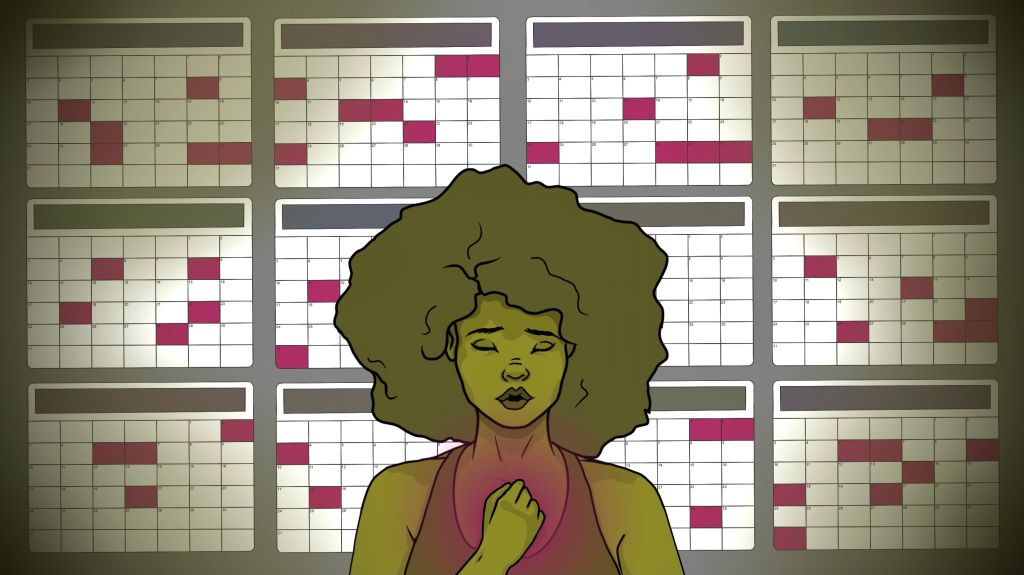Our world, and especially Berkeley, are becoming increasingly aware of the struggles that teenagers face on a daily basis — namely, their mental health. In the past, psychology was seen as a pseudoscience, but now we understand that it is an integral part of the human condition. Our physical health is affected by our mental health, and vice versa. With these new revelations come new topics of conversation, specifically, the idea of mental health days. Mental health days are sick days that are exclusively for mental health and would be excused by a students’ school. While many feel this idea might help to address mental health issues for students, the reality is that it isn’t as helpful as it may seem.
One issue with the concept of mental health days is that they could be very easily taken advantage of due to the fact that many mental conditions are hard to prove without a note from a medical professional. Students sometimes fake sick so they don’t have to go to school, take a test, etc. in both pop culture and in day-to-day life. Ironically, the stress of school can actually create illnesses like anxiety and depression. But if students are already faking being physically sick to escape their responsibilities at school, what’s stopping them from faking illnesses with often few physical signs?
Additionally, if we want to end the stigma of mental health, we should start by calling it what it is: health. What should people do when they aren’t feeling healthy? Take a sick day, whether it’s for their mental, physical, or emotional health. In America, we have a history of stigmatizing mental health. Calling sick days that are taken for mental health “mental health days” will only halt conversations on mental health. In an article from the American Psychiatric Association, Doctor Jeffrey Borenstein wrote, “Only about one in five workers were completely comfortable talking about mental health issues. The poll found a generational divide: millennials were almost twice as likely as baby boomers to be comfortable (62 percent vs. 32 percent) discussing their mental health.”
Clearly, our society has a problem with discussing mental health, and when it comes to stressed teenagers, we can assume the results would be similar. With so many people uncomfortable with talking about mental health, even adults, we fall behind on our struggle to destigmatize mental health.
Mental health as a whole must be taken more seriously. When we call sick days that are taken for mental health reasons “mental health days,” we are doing more harm than we realize by furthering the stigma around mental health issues. Obviously, this issue is very nuanced, but beginning the conversation around it is an important place to start.


